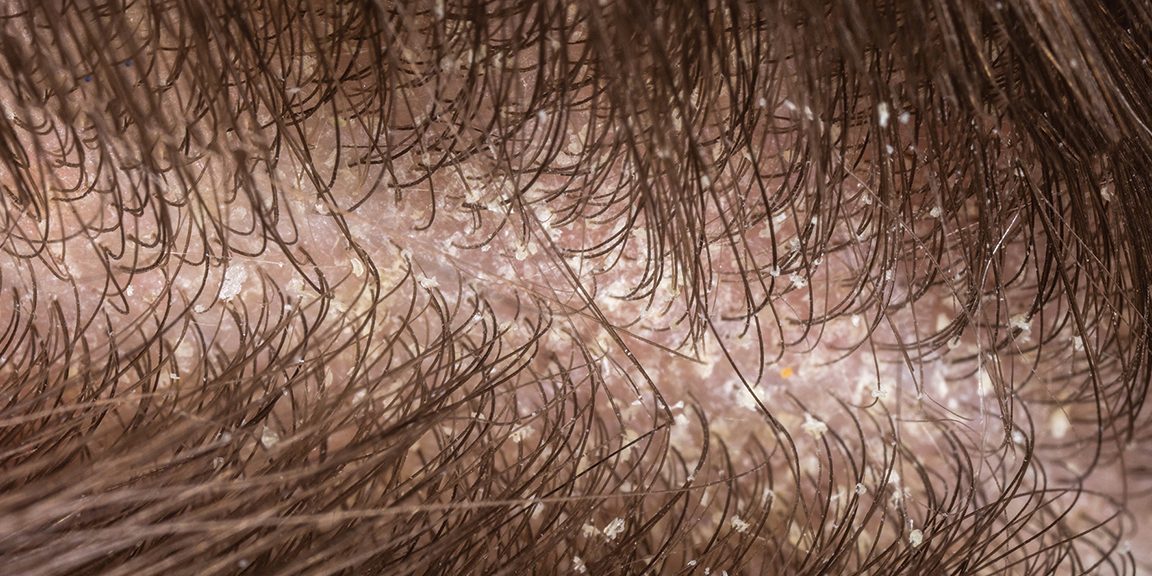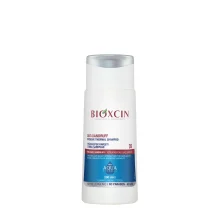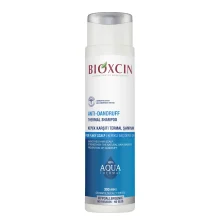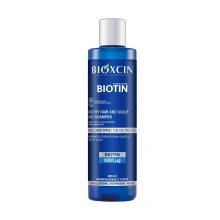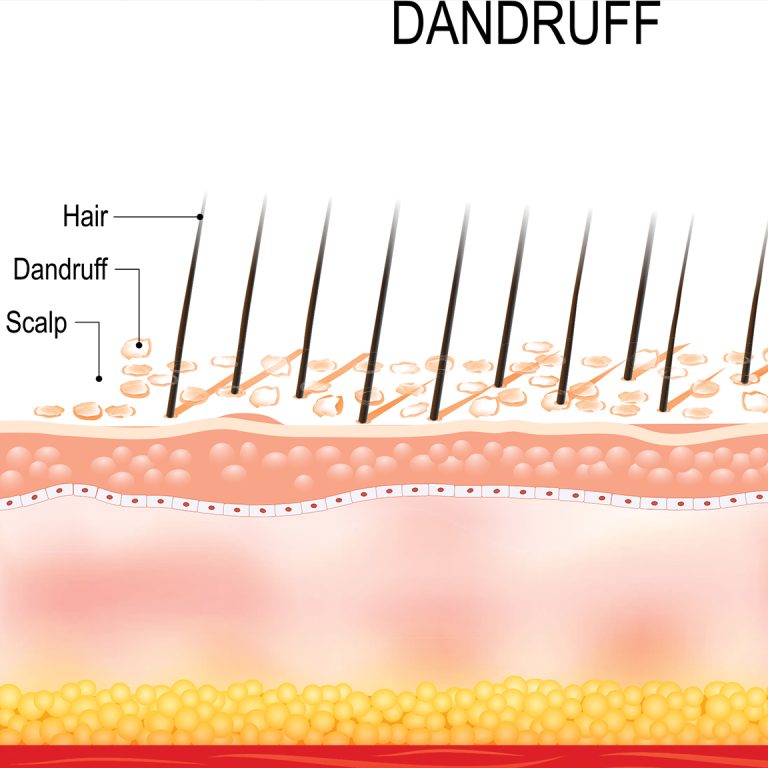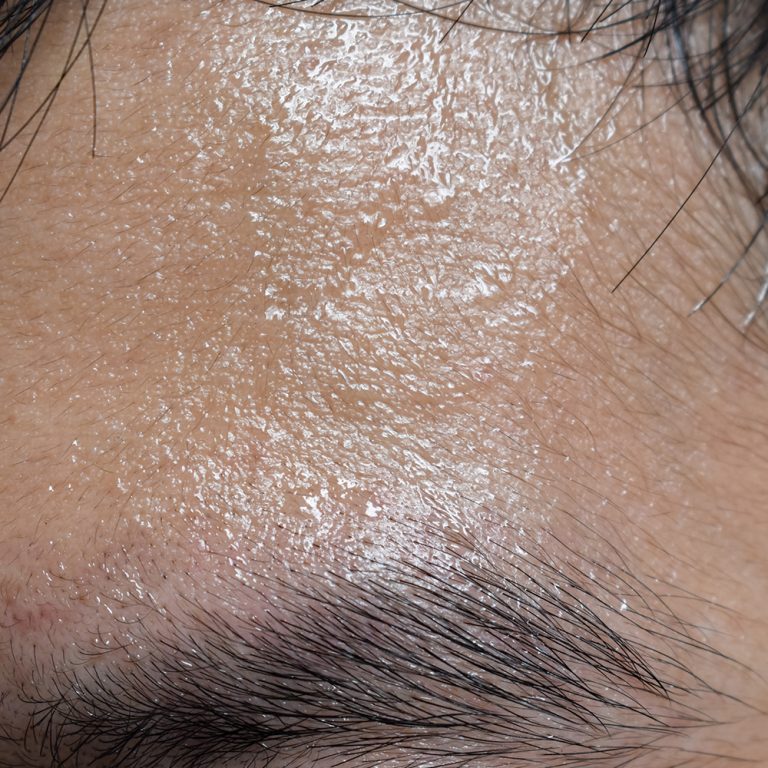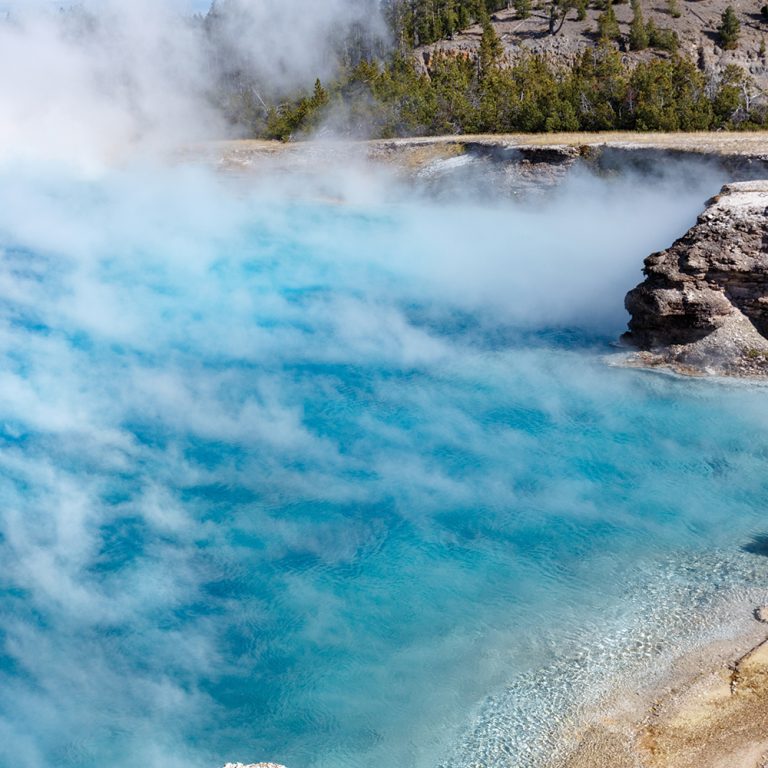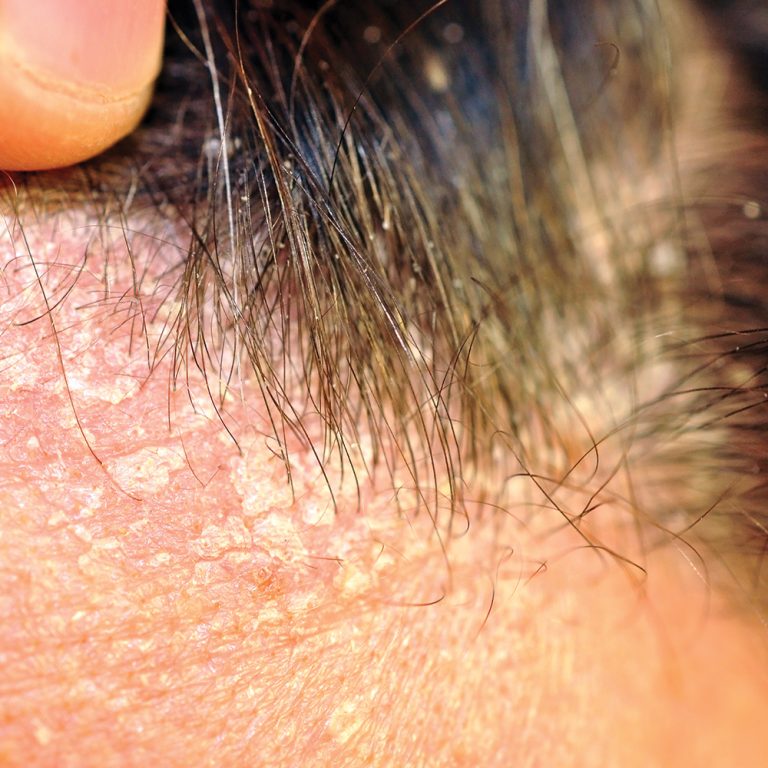As the name suggests, a dry scalp occurs when there isn’t enough moisture in the scalp and hair, leading to flaking of the skin and irritation. This can be caused by a range of factors, including but not limited to low humidity, harsh hair products such as those containing parabens or an underlying skin condition such as eczema.
From appearances, a dry scalp can seem similar to dandruff, although dandruff is caused by excess oil on the scalp rather than a lack of hydration.
In the broadest terms, the best thing you can do for dry hair and a dry scalp is to rehydrate. In practice, though, it’s not always so simple to know what to do.
How to deal with a dry scalp
One of the biggest challenges when it comes to tackling a dry scalp is being sure that a dry scalp is the problem. As mentioned, the flaky skin and irritation associated with dry scalps are also commonly found in people who have dandruff.
If you have dandruff, the chances are that you’ll have other oily scalp symptoms, such as hair that feels greasy and heavy soon after being washed. A dry scalp, on the other hand, typically lends itself to dry hair. This can be a key sign.
Another point to note is that if you have a dry scalp, you may also have dry skin in other areas. The skin of the hands and your feet can easily become dry, so if you’re not hydrated enough, you’re likely to see it in other areas of your body as well as your scalp.
So, if it is a dry scalp, what should you do?
What is the best shampoo for a dry scalp?
Overly harsh formulas – shampoos that contain parabens, sulphates, phthalates, alcohols or synthetic fragrances and dyes – can dry out the scalp more by stripping away the natural oils (also known as sebum) that help to protect and moisturise your hair. Because of this, it’s better to choose a gentle, nourishing shampoo that can help to rehydrate both your hair and your scalp.
To do this, look for key hydrating ingredients such as hyaluronic acid – a compound that is naturally found in humans and helps the body to retain more moisture. Zinc and vitamin B6 are good indicators too, as these nutrients help to protect the integrity of the scalp and reduce itching.
Although a dry scalp isn’t the same as dandruff, it can have many of the same symptoms, including itching, flaking and sensitivity. Our Aqua Thermal range aims to tackle these symptoms by restoring moisture to the scalp and balancing sebum production. What this means is that these products can help to ease both conditions – ideal if you’re not sure which problem is affecting your scalp.
Does conditioner help a dry scalp?
Hair conditioner is used to reintroduce moisture to the hair after shampooing, helping to keep the hair soft, flexible and resistant to breakage. Skipping conditioner can contribute to dry hair, so it’s a key part of your hair care routine you shouldn’t miss out on.
As a caveat, it’s best not to use conditioner directly on the scalp. This can lead to a buildup of sebum, grime and dirt, potentially resulting in an oily scalp or dandruff. Instead, condition the ends of your hair. Then, after you’ve given the conditioner a few minutes to get to work, rinse your hair thoroughly to ensure no residue is left behind.
Avoid using hot water to rinse your hair
Everyone is different, and some people prefer to have hot showers while others like colder temperatures. It’s a personal preference, but it could have a real impact on your hair and scalp health.
Hot water, in comparison to lukewarm or even cold water, can have a drying effect on the scalp that leads to irritation and redness. You might even risk scalding the scalp – so if the water feels hot on your skin, that’s a good indicator that it’s too hot to wash your hair and scalp with.
This is true for all hair types, but if you already have a dry scalp, hot water can make it worse. Instead, turn down the temperature a little when washing or rinsing your hair – a lukewarm temperature is best.
Some people suggest that washing your hair with hot water is fine as long as you rinse with cold water afterwards, but this is misleading. While it’s true that warmth helps to open up the cuticles to more effectively cleanse your hair, hot water is a step too far, and a cold rinse afterwards won’t help to repair any heat damage.
Air dry your hair
Blow drying your hair might feel like a quick and convenient option, but it could be a contributing factor towards a dry scalp. Just as it helps to dry your hair fast, high heat can dry out your scalp, evaporating the natural moisture that protects your skin.
If you do this often enough, you may experience a chronically dry scalp, paired with irritation, redness and itchiness in the affected areas. As a form of heat styling, blow drying can have similarly damaging effects to the use of curling tongs or straighteners – so your hair will thank you for avoiding it.
Blow drying can damage your hair as well as your scalp, so the best option is to move to air drying your hair as soon as possible. In some cases, though, that might not be achievable. If that’s the case, consider:
- Turning the heat down to the minimum setting
- Never aiming the hair dryer at the same spot for too long
- Always using a heat protectant spray before blow drying
- Using your hair dryer to dry your hair half the way, then finishing the job by air drying your hair.
Consider washing your hair less often
Since shampooing removes the natural, moisturising oils that protect your hair and scalp, it may help a dry scalp to wash your hair less often. This can allow your scalp more time to produce sebum between washes, helping to lubricate the skin and protect against irritation.
There’s no single right answer as to how often you should wash your hair, as it depends on a multitude of factors. However, a general rule is that people with oily hair should wash it more often (to reduce oil buildup), while those with dry hair should wash less frequently. Studies show that dry hair is also associated with excess breakage when washed frequently, so washing less often could help to restore volume and avoid unwanted hair fall.
If you have a dry scalp, there are plenty of things you can do to restore your hair’s natural moisture and shine. The tips and techniques discussed above should help your hair to look and feel more healthy with a little extra care and attention.
Sources:
- https://my.clevelandclinic.org/health/symptoms/23326-dry-scalp
- https://www.grapetree.co.uk/blog/how-to-treat-a-dry-scalp-causes-and-remedies
- https://hellojupiter.com/blogs/news/conditioning-your-hair-is-it-okay-to-condition-your-scalp
- https://www.headandshoulders.co.in/en-in/healthy-hair-and-scalp/hair-care/tips/hot-water-causes-dandruff
- https://headandshoulders.com/en-us/healthy-hair-and-scalp/hair-care/blow-drying-and-the-link-to-dandruff
- https://www.health.com/how-often-should-you-wash-your-hair-8349178
DISCOVER OUR
POPULAR PRODUCTS
Bioxcin | AQUA THERMAL DS
Eliminates extreme dandruff and promotes a healthy scalp.
Bioxcin | AQUA THERMAL
Removes dandruff and supports
a healthy scalp.
Bioxcin | BIOTIN
Soothes the sensitive scalp, strengthens hair roots, and promotes healthy hair growth.
